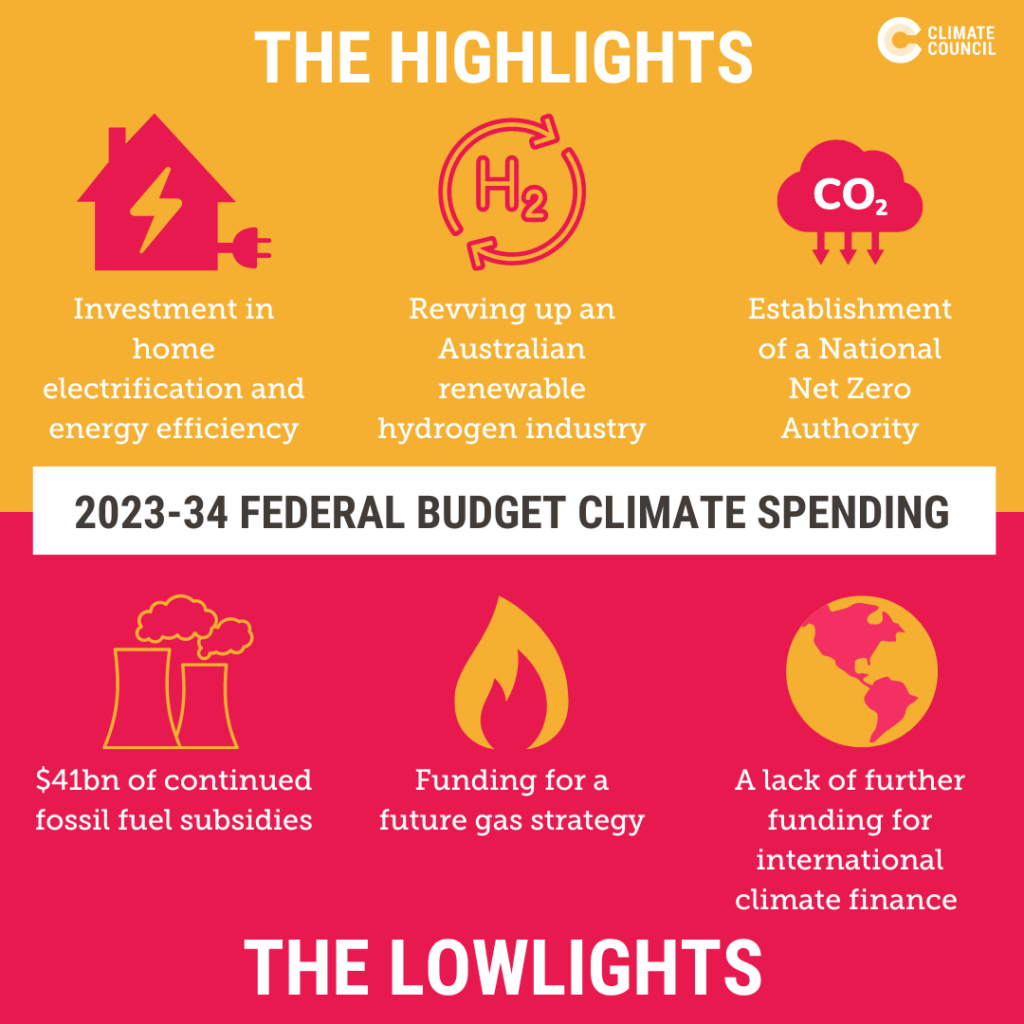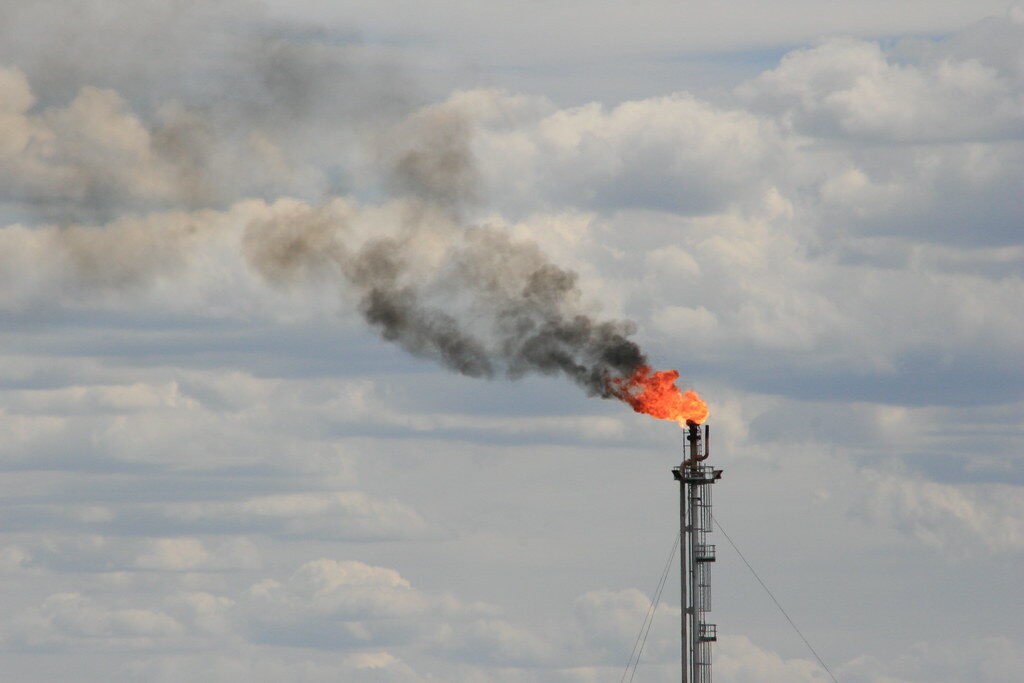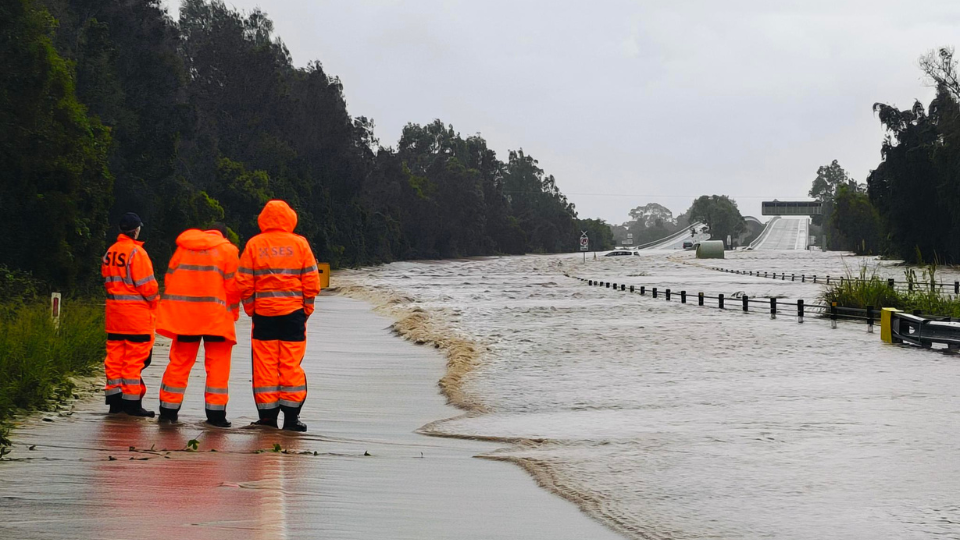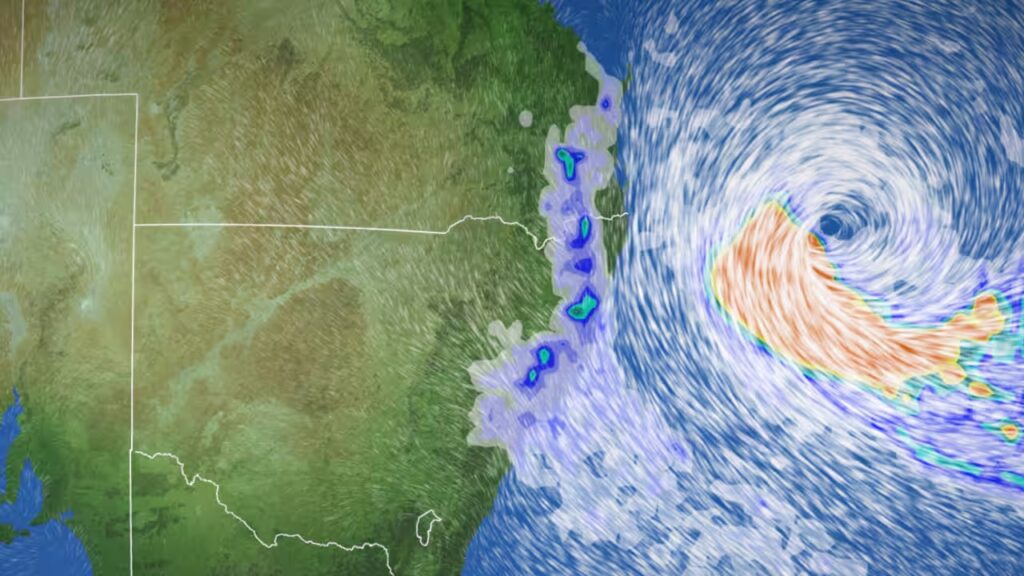The Federal Government’s Budget for 2023-2024 has been released – and it’s 997 pages – but don’t worry, we’ve done the digging so you don’t have to.
The Labor Government has demonstrated in this Budget that they want to support Australians who are struggling. But while the Budget contains welcome temporary power bill relief and measures for some households and businesses to tap into renewables, it doesn’t yet step up to meet the enormity of the climate emergency. Climate change makes every Australian vulnerable, so the scale of investment on climate action needs to match the task ahead of us.
So far the Federal Government still seems to be on a warm-up lap when it comes to investing in climate action. We shouldn’t settle for a slow jog when the climate crisis calls for a sprint.
Here are the Climate Council’s top hits and misses from the 2023-24 Budget:
Hits:
1. Investment in home electrification and energy efficiency
Action on climate change is action on cost of living, and it’s encouraging to see the Federal Government acknowledge this with new investments in electrification and energy efficiency for homes and small businesses. These initiatives will help some Australian households and businesses permanently lower power bills while also cutting harmful carbon pollution.
Funding announcements include:
- $1 billion to deliver household energy upgrades that will help keep Aussie homes warmer in winter and cooler in summer. This fund is expected to support upgrades for approximately 110,000 homes.
- $300 million to support energy upgrades to social housing, helping install all-electric appliances and other energy efficiency measures in around 60,000 social housing properties.
- $314 million for a small business energy incentive to support small businesses to get off gas, become more energy efficient and lower their power bills.
2. Revving up an Australian renewable hydrogen industry
Renewable energy and clean manufacturing can power the next era of Australia’s prosperity, and the government’s first steps towards establishing a domestic renewable hydrogen industry are welcome. Capitalising on our natural advantage as one of the sunniest and windiest places on earth is urgent, so we need to rapidly establish new zero emission domestic and export industries to replace coal and gas in the years ahead.
Funding announcements include:
- $2 billion to support the delivery of significant new renewable hydrogen production projects.
- $5.6 million for a rapid review of the actions needed to catalyse clean energy industries by 2024, and see Australia seize the opportunities of a decarbonising global economy.
- $2 million will go towards establishing a fund to support First Nations communities to engage with hydrogen projects.
3. National Net Zero Authority establishment
The establishment of a National Net Zero Authority is essential to ensure a managed and rapid transition to clean energy. The Authority will play an important role in working with communities to ensure all Australians are part of our next era of prosperity built on clean energy. The Climate Council has previously called for the establishment of such a transition authority, and we welcome this announcement. The Government has committed $83.2 million to establish the new Authority.
The new Net Zero Authority will:
- Support workers in emissions-intensive sectors to seize the opportunities of Australia’s net zero transformation, such as access to new employment, skills and support as the net zero transformation continues.
- Coordinate programs and policies across government to support regional communities to attract and take advantage of new clean energy industries, while setting those industries up for success.
- Help investors and companies to engage with net zero transformation opportunities.

Misses:
1. Continued fossil fuel subsidies – to the tune of approximately $41bn.
The Government has missed an opportunity to tackle massive and expensive fossil fuel subsidies like the Fuel Tax Credit. This subsidy will cost the Budget over $41 billion over the next four years, significantly more than all the climate initiatives funded combined. This represents a disappointing missed opportunity to redirect funding away from the fossil fuel industries of the past, and towards clean energy initiatives of the future.
2. Funding for a Future Gas Strategy
The Government has provided $6.7 million to develop a forward strategy for gas in Australia. Gas corporations have been enjoying record profits at the expense of Australian families and businesses, and the only permanent fix for households is to get off gas. It’s concerning that this Government is proposing to develop a Future Gas Strategy when international expert advice is clear that we need to rapidly scale down the use of fossil fuels, including gas.
3. A lack of further funding for climate support in the Pacific and/or international climate finance
Australia has a responsibility to help our Pacific neighbours by committing to a substantial increase in Australia’s overall annual contribution to international climate finance.We need to bring it in line with our fair share of existing global efforts – starting with an initial financial contribution to the new global Loss and Damage Fund.
Australia must stop supporting new fossil fuel projects and ramp up the clean energy transition to ease the pain of rapidly rising power bills and avoid further harmful climate warming. This is critical if we are to deeply cut our emissions during this critical decade for climate action, in line with the science.
While we welcome some of the initiatives in this year’s Budget, there is still much more work to be done. Climate Council urges the government to prioritise investment in clean energy infrastructure and initiatives that will help us grow new zero-emissions domestic and export industries, and transition away from fossil fuels. Australia has significant potential as a renewable energy superpower, but we need to stop dawdling and pick up the pace.












